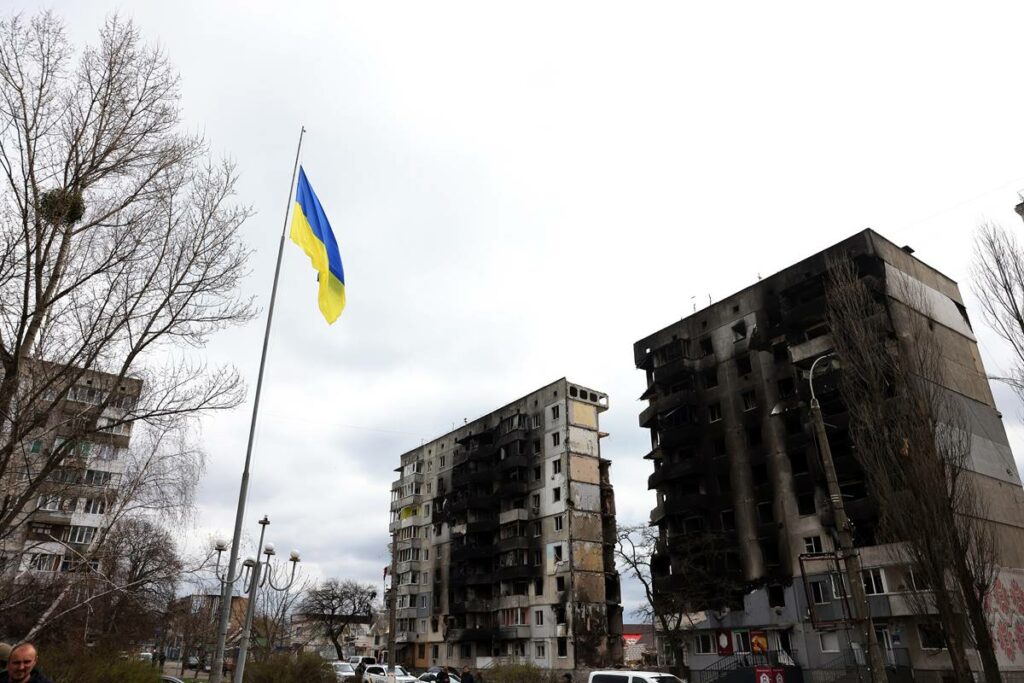Amnesty expressed deep regret on Sunday that its report last week on alleged war crimes by Ukrainian forces had caused distress and anger but continues to fully stand by its findings.
The response to the criticism to its report was sent to the news agency Reuters and has not been published on Amnesty’s website.
"Amnesty International deeply regrets the distress and anger that our press release on the Ukrainian military's fighting tactics has caused," it wrote in an email to the London-based news agency.
"Amnesty International’s priority in this and in any conflict is ensuring that civilians are protected. Indeed, this was our sole objective when releasing this latest piece of research. While we fully stand by our findings, we regret the pain caused."
As previously reported, the report accused the Ukrainian army of endangering civilians in the war with Russia. Amnesty International's head of human rights in Ukraine, Oksana Pokalchuk, resigned on Friday, saying that Amnesty had not responded to the Ukrainian office's opposition to the report. “As it is now written, it looks like support for Russian propaganda,” she wrote on Facebook
Ukraine’s President Volodimir Zelensky strongly criticized the report. "The responsibility is thus shifted from the aggressor to the victim,” he said on TV.
Amnesty International claimed that Ukrainian forces had put civilians in harm’s way by establishing bases and operating weapons systems in populated residential areas, including in schools and hospitals, as they repelled the Russian invasion that began in February.
“Such tactics violate international humanitarian law and endanger civilians, as they turn civilian objects into military targets,” according to Amnesty, “The ensuing Russian strikes in populated areas have killed civilians and destroyed civilian infrastructure”.
According to Agnès Callamard, Amnesty International’s Secretary General, its report documented a “pattern of Ukrainian forces putting civilians at risk and violating the laws of war when they operate in populated areas.” Instead of defending the cities, Ukraine should have deployed its soldiers in forests and not risked “collateral casualties” by Russian bombardments of the cities.
In fact, Russia is deliberately and indiscriminately targeting civilian targets, placing entire cities under brutal siege, bombing and destroying them, forcing its inhabitants to flee, and putting obstacles to the delivery of humanitarian assistance.
A recent report by the Organization for Security and Co-operation in Europe's Office for Democratic Institutions and Human Rights (OSCE/ODIHR) included initial findings and recommendations connected to violations of laws which may account to war crimes and crimes to humanity, mainly by Russia and to a much more limited extent by Ukraine.
Amnesty was founded in 1961 as an organisation for the release of political prisoners and developed into a global human rights organisation over the years. Sometimes it finds itself at odds with governments for its presentation of facts on the ground and interpretation of international human rights legislation, thereby indirectly supporting the “wrong side” in international conflicts.
M. Apelblat
The Brussels Times

